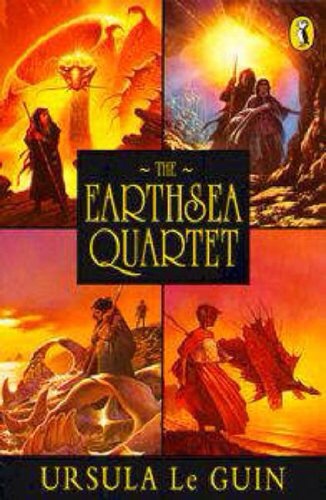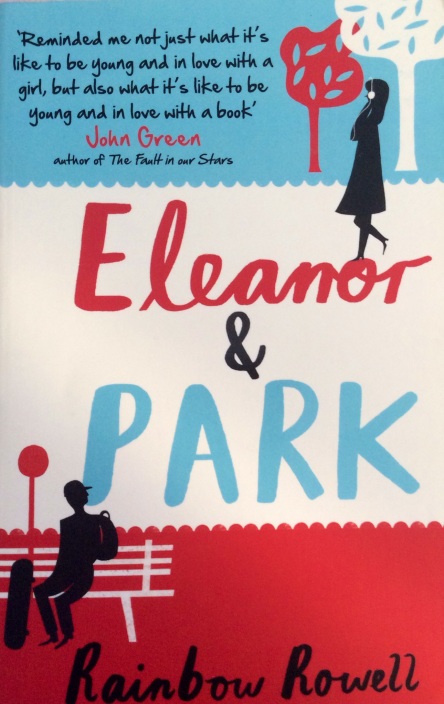
This is the sort of book that gets studied in English lessons across Scotland. And so, I know it will be hated by many (who had to read it) and loved by many (who thought it a classic amongst Scottish literature and therefore worthy of being taught in schools). This book is also hated and loved for the way it is written as someone from the northeast of Scotland would speak, and is therefore difficult at first to understand and yet almost like a form of poetry, or lullaby.
Sunset Song is the story of Chris Guthrie, a farmer’s daughter growing up in Scotland around the time of the First World War. Told over the course of several years, the book shows what Chris’s life is like, the choices she makes, and the damage done to her and her town during the war.
The language and sentence structure of the book made me wonder how someone from outside of Scotland would understand it. I’m Scottish, but from a different part of Scotland, and don’t speak anything like how Chris Guthrie would have done. This meant that I understood some of the Scots words, but had to look a lot of them up, and there were some that I recognised but as being spelt differently. I suppose in the same way I understood Chris’s love of the land, despite its mournfulness, and the way she is torn between Scots and English, although not nearly to the same extent. Thus, I felt a sense of being able to relate to it, but at a remove. I believe that the story and characters in the book can be enjoyed the world over, and it’s a shame if people are put off from reading it because of the language, because it has a beauty all its own and is utterly untranslatable.
Kinraddie, it’s clear, is a very small town. And yet it becomes almost Chris’s whole world. People from anywhere outside of it – even the neighbouring towns – are described as being “coarse”. It’s strange that a place so geographically small can seem so big to those living in it, but the same is true again for Scotland.
The book is narrated in the third person, but is told almost entirely from
Chris’s point of view. At some points, it is actually almost as if Chris is speaking to herself. Hence, we see for the most part only Chris’s viewpoint and the viewpoints of those whom she understands. In contrast, the prelude and epilude are told as if from the point of view of the general villagers and town gossipers. In this way, these people are presented as sheep, in much the same way as how after Kinraddie’s men have been killed in the war, others buy their land and graze sheep there. It’s as though all the individuals of Kinraddie have gone, leaving only mindless sheep.
Chris is, to me, the ultimate strong female character. Everyone makes a huge fuss over whether a female character is strong or not, and whether it’s wrong to define women as “strong” or “kickass”, as it implies that the majority of women are not. Chris is certainly not “kickass”, but she is strong. She knows what’s best for her, and she doesn’t let what other people say bother her. She also doesn’t let her husband have control over her – she gives as good as she gets. That’s what I think a good strong female character should be – someone who doesn’t care what people will say, she does what she knows to be right.
Throughout reading the book, I wondered why it was called Sunset Song. It wasn’t until the last page that I understood, when it spoke of the sunset of the days of the ploughmen, of the Old Scots. Everyone realised that times were changing and that there was no going back to the way things were before the war. I suppose the song was Flowers of the Forest, but it could have been any of Scotland’s songs, as it is previously acknowledged that all old Scottish songs are full of loss and grief and mourning and unhappiness. This also ties in with Chris’s recognition that “Nothing endures but the land.” Times may change, and so will the land, but it will always, always be there.
One thing that annoyed me a bit about the book was that it took a while to get into it properly. I felt as if it didn’t get particularly interesting or engaging until about halfway through, which was a shame. I am glad, however, that I didn’t give up on it, as it was worth reading through to the end.
This book was unique and beautiful and is a great read if you like historical/wartime dramas and Scottish culture and language.


